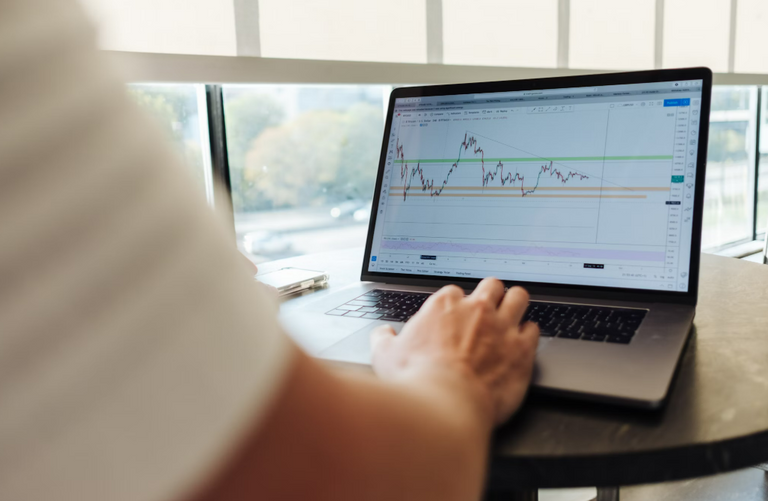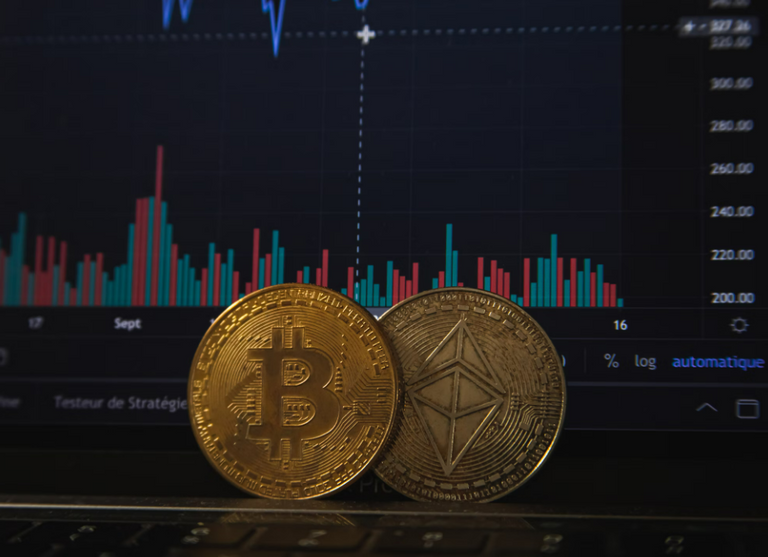The stock market is a platform where investors can buy and sell shares of publicly traded companies, as well as other financial instruments. It plays a central role in the global economy by facilitating the exchange of capital between investors and companies. Here’s a closer look at how the stock market works.
1. What is the Stock Market?
The stock market is a collection of markets and exchanges where activities such as buying, selling, and issuing shares of publicly-held companies take place. Companies list their shares on the market through an Initial Public Offering (IPO), and investors can trade these shares in the hope of making a profit.
2. Key Components of the Stock Market
1. Stock Exchanges
A stock exchange is a regulated marketplace where stocks are listed and traded. The most well-known exchanges include:
- New York Stock Exchange (NYSE): The largest and oldest stock exchange in the U.S., hosting many major companies.
- NASDAQ: Known for technology-focused companies like Apple and Google.
- London Stock Exchange (LSE): A major stock exchange in the UK.
- Tokyo Stock Exchange (TSE): The largest stock exchange in Japan.
These exchanges ensure fair and orderly trading and provide a transparent platform for buyers and sellers.
2. Securities
Securities are tradable financial assets that include:
- Stocks (Equities): Ownership shares in a company, entitling the shareholder to a portion of the company’s profits and voting rights.
- Bonds: Debt securities issued by companies or governments, where investors lend money in exchange for periodic interest payments.
- ETFs (Exchange-Traded Funds): Funds that track a particular index or sector and trade like a stock.
- Options: Derivatives that give the buyer the right, but not the obligation, to buy or sell an asset at a set price within a specific time frame.
3. The Process of Buying and Selling Stocks
1. The Role of Brokers
- Brokers: Investors typically buy and sell stocks through stockbrokers, who are licensed professionals that facilitate the trade on the exchange. Brokers can be full-service or discount brokers, with the former offering personalized advice and the latter focusing on executing trades at lower costs.
- Online Trading Platforms: With the advent of online platforms, retail investors can now trade stocks through apps like Robinhood, eToro, and Webull without requiring a traditional broker.
2. Placing Orders
When you want to buy or sell a stock, you need to place an order. There are several types of orders:
- Market Order: The most common type, which buys or sells the stock immediately at the current market price.
- Limit Order: An order to buy or sell a stock at a specific price or better. This order is only executed when the market price reaches the specified price.
- Stop-Loss Order: A type of order used to limit potential losses by automatically selling a stock when its price falls below a certain point.
3. Order Execution
Once an order is placed, it is sent to the exchange for execution. The order is matched with the opposite order in the market (e.g., a buy order matched with a sell order) to complete the transaction.
4. How Prices Are Determined
1. Supply and Demand
Stock prices fluctuate based on the forces of supply and demand. If a company’s stock is in high demand, the price goes up. Conversely, if more people want to sell than buy, the price decreases.
2. Market Makers
Market makers are firms or individuals responsible for maintaining liquidity in the market by being ready to buy and sell a specific stock. They help ensure there is always a buyer or seller for a given stock at any time.
3. Price Discovery
Price discovery is the process of determining the price of a stock in the marketplace. It is influenced by various factors, including company performance, market sentiment, economic data, and global events.
5. Types of Stock Market Participants
1. Retail Investors
These are individual investors who buy and sell stocks through brokers. Retail investors can include anyone from small-scale traders to large institutional investors.
2. Institutional Investors
These include entities like mutual funds, pension funds, hedge funds, and insurance companies that trade large volumes of stocks. Institutional investors often have more resources and expertise than retail investors and can influence the market with their trades.
3. Traders and Speculators
Traders are people who buy and sell stocks frequently to profit from short-term price movements. Speculators take on more risk by buying stocks or assets in anticipation of future gains, often using leverage to amplify their potential returns.
6. The Role of Stock Market Indices
Stock market indices (or indexes) track the performance of a group of stocks. They serve as a benchmark for the overall market or a specific sector.
- Dow Jones Industrial Average (DJIA): Composed of 30 large publicly traded companies in the U.S.
- S&P 500: Tracks 500 of the largest publicly traded companies in the U.S.
- NASDAQ Composite: Includes more than 3,000 stocks, mostly in the technology sector.
- FTSE 100: Tracks the top 100 companies on the London Stock Exchange.
Indices provide investors with an overview of market trends and can be used to compare the performance of individual stocks.
7. Factors Influencing the Stock Market
1. Economic Indicators
Key economic factors such as GDP growth, inflation rates, and unemployment data can impact stock prices. A growing economy generally boosts investor confidence, while a struggling economy can result in market declines.
2. Corporate Earnings
The financial performance of a company, particularly its quarterly earnings reports, plays a significant role in stock price movements. Strong earnings often lead to higher stock prices, while disappointing earnings can lead to declines.
3. News and Events
Major news events such as political developments, natural disasters, or corporate scandals can have a sudden and significant impact on the stock market. These events can affect investor sentiment and lead to market volatility.
4. Interest Rates
Changes in interest rates set by central banks (such as the Federal Reserve) can influence stock prices. Lower interest rates make borrowing cheaper, which can stimulate business investment and increase stock prices. Higher rates tend to reduce borrowing and can lead to lower stock prices.
8. Risks and Benefits of Investing in the Stock Market
1. Benefits
- Potential for High Returns: Historically, the stock market has provided high returns over the long term compared to other forms of investment, such as bonds.
- Dividend Income: Some companies pay dividends, providing investors with a steady income stream.
- Ownership: Investing in stocks means you own a piece of the company, with voting rights and potential influence over major decisions.
2. Risks
- Volatility: Stock prices can be highly volatile, with significant price swings in short periods.
- Market Risk: The entire stock market can experience downturns due to economic or geopolitical factors.
- Individual Stock Risk: The performance of a specific company may suffer due to poor management, competition, or other factors.
- Loss of Capital: If stock prices fall, there is a risk of losing money, and in extreme cases, investors can lose their entire investment
Conclusion: The Importance of Understanding the Stock Market
The stock market is a vital component of the global economy, offering opportunities for businesses to raise capital and for individuals to grow their wealth. By understanding how the stock market works, investors can make informed decisions, manage risks effectively, and take advantage of opportunities in the market.
Whether you're a beginner or an experienced investor, staying informed about market dynamics, economic conditions, and company performance is essential for success in the world of investing.



